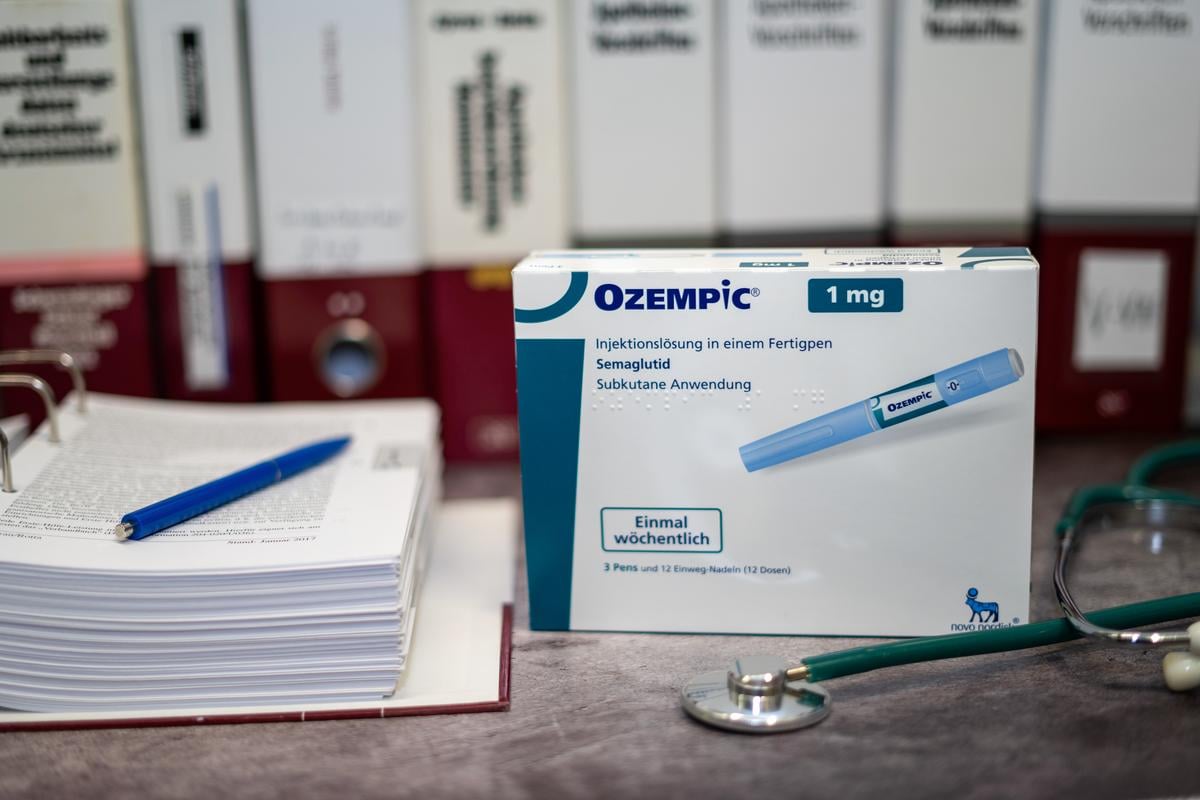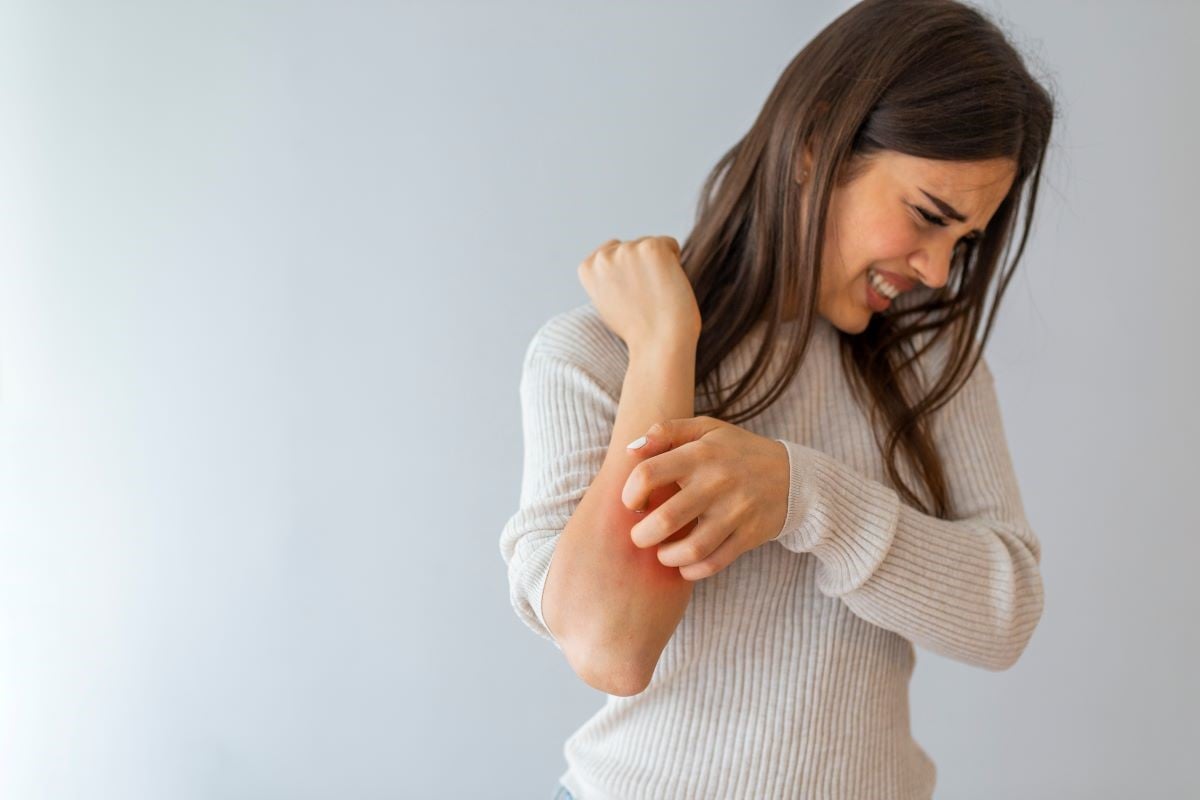
Not sure what’s causing your child’s asthma? A new quick-and-easy nasal swab test for kids can diagnose the specific immune system drivers behind their asthma, potentially opening the door to better treatments, researchers say. The test diagnoses a child’s asthma subtype, also called an endotype. “Because asthma is a highly variable disease with different endotypes,… read on > read on >













.jpeg)




